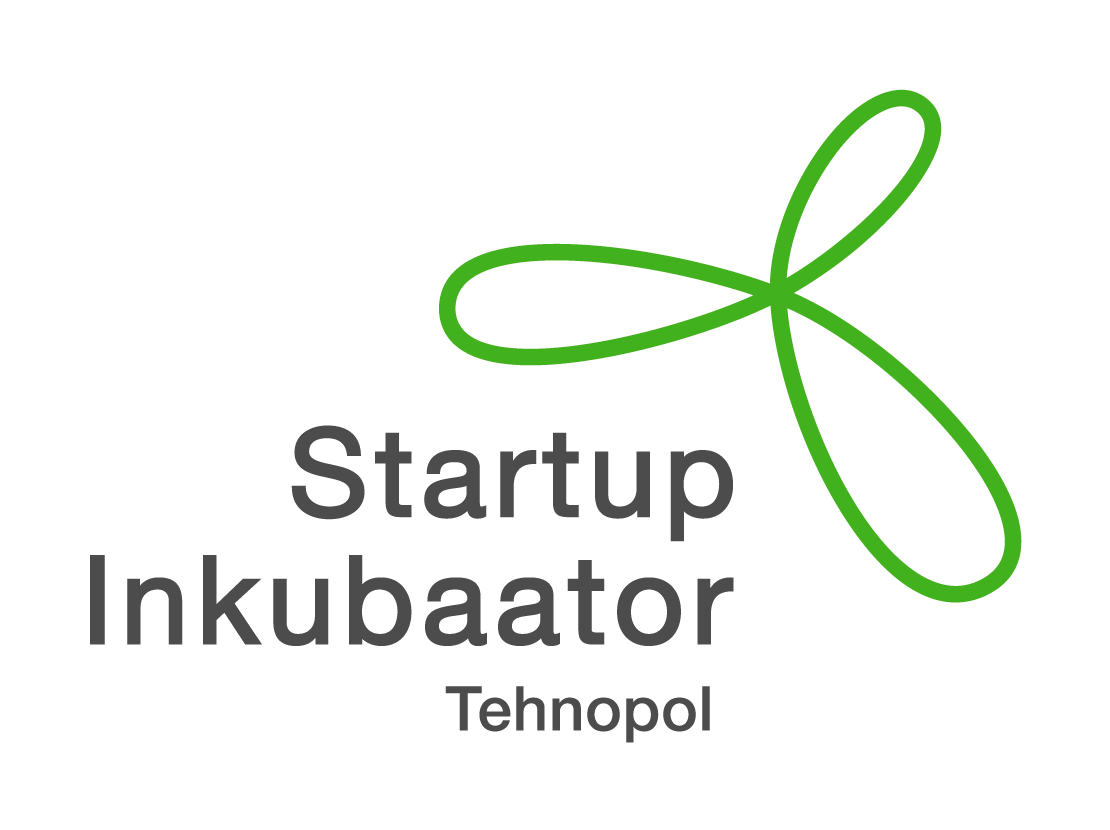NATO DIANA is investing close to one million euros in startups developing dual-use technologies in Estonia

The headquarters of the NATO DIANA innovation accelerator announced the companies that will be coming to Estonia to develop their solutions. Five accelerators are starting work and covering the whole of the alliance, and more than 1300 companies offering innovative technical solutions have applied to them. The best 44 have been chosen, and nine of them will start to develop their companies in Estonia. The NATO DIANA accelerator in Estonia is led by the Tehnopol Startup Incubator working together with the Sparkup Tartu Science Park and the business accelerator Startup Wise Guys.
All the companies from across the whole of the alliance that have been accepted to the accelerator are developing technologies with great potential that can find applications both in everyday life in the civilian sector and in national defence. The technologies being developed are those in the three general strategic categories of energy and sustainability, communications, and underwater identification and monitoring.
“The NATO DIANA accelerator brings together parts of the defence industry that are of great importance for Estonia and the very lively startup ecosystem that we have here. It makes for a fertile platform from which new ideas can erupt and create the potential for successful new companies in the future”, said Minister of Economic Affairs and Information Technology Tiit Riisalo. “New technologies that can find direct application in both military and civilian contexts will boost and enhance both our economy and our security. That is the clear reason why NATO has decided to invest much more than before in innovation”.
All nine of the teams that have been accepted to the Estonian accelerator will receive a grant of 100,000 euros from NATO DIANA, and the best can get as much as a further 300,000 euros in funding. They will also get access to over 90 testing centres, a programme linking defence and business, and a network of mentors across the alliance. DIANA acts as a bridge between universities, companies and the public sector in order to support the development of innovative technology that can help solve civilian and military problems and lay the path towards a sustainably secure world in the future.
“Innovation is at the heart of national defence because it brings success on the battlefield and gives us an advantage over our enemies. Estonia has been a strong support of NATO, focusing more attention than before on innovation and on the technologies of the future. We are proud that an Estonian company was chosen for the NATO DIANA accelerator, and we await with excitement the dual-use solution becoming a reality that can strengthen our defence”, said Minister of Defence Hanno Pevkur.
The company from Estonia, GaltTec, that has come through the fierce competition to get to the accelerator will address challenges in energy and sustainability, and will concentrate on producing fuel cells and the materials for fuel cells using its patented technology.
“The NATO defence accelerator DIANA represents an important step taken by the alliance against new threats and challenges. The presence of DIANA in Estonia shows how highly our allies value Estonia’s experience within the innovation landscape. It is very good to see the great interest shown by Estonian companies in the programme, and we look forward to seeing technological solutions that will improve our defensive capacity”, said Minister of Foreign Affairs Margus Tsahkna.
One of the three NATO DIANA European accelerators will be in Estonia at the Tehnopol Science and Business Park during this pilot year. The great strength of Estonia’s biggest business incubator is its deep understanding of startups and its long experience of supporting the growth of startups built around technology. Head of the Tehnopol Startup Incubator and the Estonian NATO DIANA accelerator Kadri Tammai said that the technologies of the companies chosen for the Estonian accelerator fit well with Estonia’s strengths in cyber defence, artificial intelligence and autonomous systems, and with the expertise in energy. “We are bringing the defence sector, and the massive market potential that it offers, closer to startup companies. A lot of the technologies that are currently in the development phase will not only make life more convenient, sustainable and efficient for all of us in the future, but will also make a direct contribution to building our defensive capacity”, Tammai noted.
Alongside the Estonian accelerator, DIANA accelerators are being opened this pilot year in Denmark and Italy, with two additional sites in the USA. The companies participating in the NATO DIANA Estonian accelerator are GaltTec, Goldilock, IceWind, Lobster Innovations, AVoptics Limited, REVOBEAM, GIM Robotics, Dronetag, and Anzen Technology Systems.
DIANA will soon be focusing on new challenges that the member countries of NATO identify as priorities in the next couple of years, and that companies will be invited to tackle with innovative technological solutions. The longer-term priority for NATO will include big data analytics, autonomy, biotech and human enhancement, and energy and propulsion. There will be up to ten challenges a year by 2025 that will provide support for hundreds of deep tech companies from across the alliance.
Alongside the accelerator, NATO this year launched the world’s first pan-alliance venture fund, the NATO Innovation Fund (NIF), which will invest one billion euros in European startups developing dual-use deep technology. The fund was set up in 2023 by NATO members, and Estonia invested in it through Smartcap, which is run from the Ministry of Economic Affairs and Communications.
The accelerator in Estonia is led by the Tehnopol Startup Incubator working together with the Sparkup Tartu Science Park and the business accelerator Startup Wise Guys. The funding to start the accelerator in Estonia comes from the Ministry of Economic Affairs and Communications with support from the Ministry of Foreign Affairs, the Ministry of Defence and the city of Tallinn. Estonian contributors to building the pan-Alliance network of testing centres are TalTech, the University of Tartu, Foundation CR14, the National Defence College, the Estonian Academy of Security Sciences, and the Estonian Aviation Academy.
For more see: https://www.diana.nato.int/


